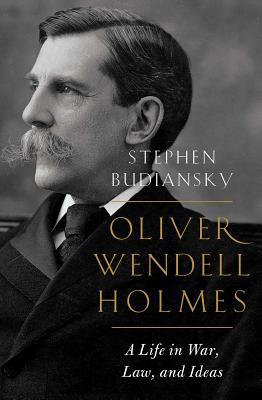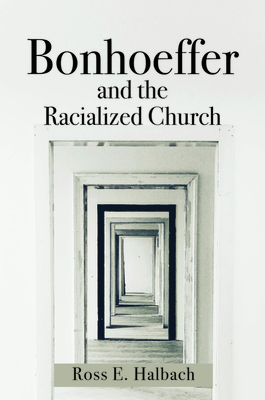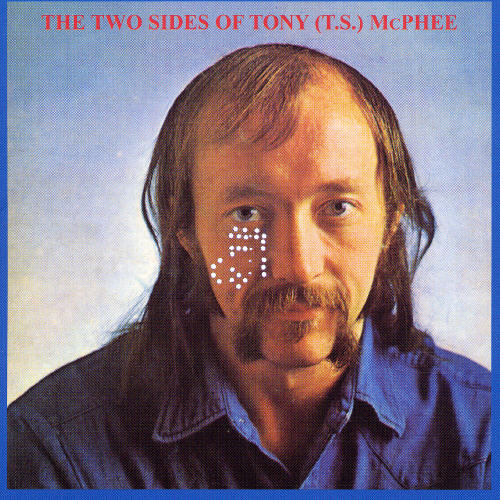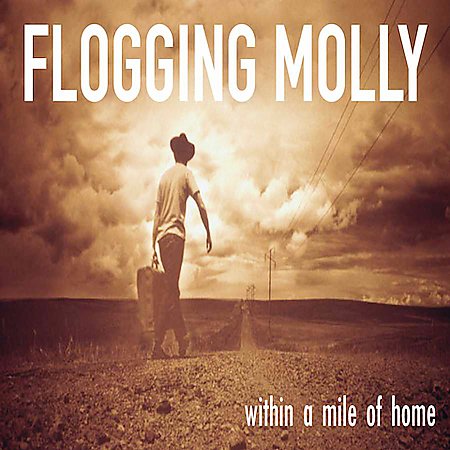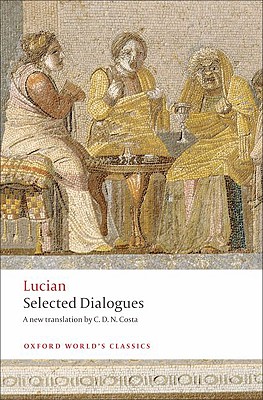
description
liantly entertaining writer who invented the comic dialogue as a vehicle for satiric comment. His influence was immense, not only on the Greek world, but on later European writers such as Rabelais and Swift. His dialogues puncture the pretensions of pompous philosophers and describe the daily lives of Greek courtesans; they are peopled by politicians, historians, and ordinary citizens, as well as by gods and mythic figures.
This lively new translation is both accurately idiomatic and as entertaining as the original. It provides a cross section of Lucian's styles and satirical targets, from serious polemic to lighter squibs and character portrayals, and includes How to Write History and his most famous piece, A True History, a fabulous take of space travel and a monstrous whale which prefigures the fantasies of Jules Verne. The introduction highlights Lucian's importance both in his own and later times. About the Series: For over 100 years Oxford World's Classics has made available the broadest spectrum of literature from around the globe. Each affordable volume reflects Oxford's commitment to scholarship, providing the most accurate text plus a wealth of other valuable features, including expert introductions by leading authorities, voluminous notes to clarify the text, up-to-date bibliographies for further study, and much more.
This lively new translation is both accurately idiomatic and as entertaining as the original. It provides a cross section of Lucian's styles and satirical targets, from serious polemic to lighter squibs and character portrayals, and includes How to Write History and his most famous piece, A True History, a fabulous take of space travel and a monstrous whale which prefigures the fantasies of Jules Verne. The introduction highlights Lucian's importance both in his own and later times. About the Series: For over 100 years Oxford World's Classics has made available the broadest spectrum of literature from around the globe. Each affordable volume reflects Oxford's commitment to scholarship, providing the most accurate text plus a wealth of other valuable features, including expert introductions by leading authorities, voluminous notes to clarify the text, up-to-date bibliographies for further study, and much more.
member goods
No member items were found under this heading.
listens & views

VIOLIN SONATINA / FROM HOMELAND ...
by SCHUBERT / SMETANA / GRIEG / LARSEN / THORSEN
COMPACT DISC$19.25
Return Policy
All sales are final
Shipping
No special shipping considerations available.
Shipping fees determined at checkout.

